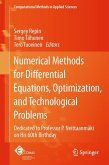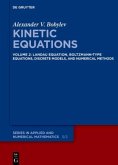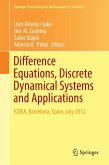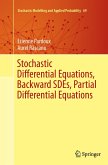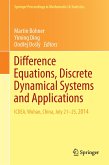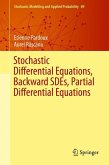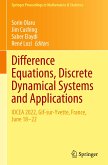The importance of the Yang-Baxter equation to a
variety of branches in mathematics and physics is
well known. Its solutions are intimately related to
quantum groups, knot theory, exactly solvable
statistical mechanical models, quantum and classical
integrable models, etc.
In this book, we present a new method to construct
solutions for the Yang-Baxter equation. Our method
can be applied for solving other equations in Quantum
Group Theory. Also, this book provides a categorical
interpretation for the construction of the
Yang-Baxter operators derived from (co)algebra
structures, leading to the extension of the duality
between the finite dimensional algebra and coalgebra
structures. Other topics included in this book are:
Lie (co)algebras, a unification theory in Hopf
Algebra Theory, etc.
We hope that this book will help other mathematicians
and physicists researching on the Yang-Baxter
equation and its applications. It can also be used
for (parts of) graduate courses on the Yang-Baxter
equations, Quantum Groups and Hopf Algebras.
variety of branches in mathematics and physics is
well known. Its solutions are intimately related to
quantum groups, knot theory, exactly solvable
statistical mechanical models, quantum and classical
integrable models, etc.
In this book, we present a new method to construct
solutions for the Yang-Baxter equation. Our method
can be applied for solving other equations in Quantum
Group Theory. Also, this book provides a categorical
interpretation for the construction of the
Yang-Baxter operators derived from (co)algebra
structures, leading to the extension of the duality
between the finite dimensional algebra and coalgebra
structures. Other topics included in this book are:
Lie (co)algebras, a unification theory in Hopf
Algebra Theory, etc.
We hope that this book will help other mathematicians
and physicists researching on the Yang-Baxter
equation and its applications. It can also be used
for (parts of) graduate courses on the Yang-Baxter
equations, Quantum Groups and Hopf Algebras.


